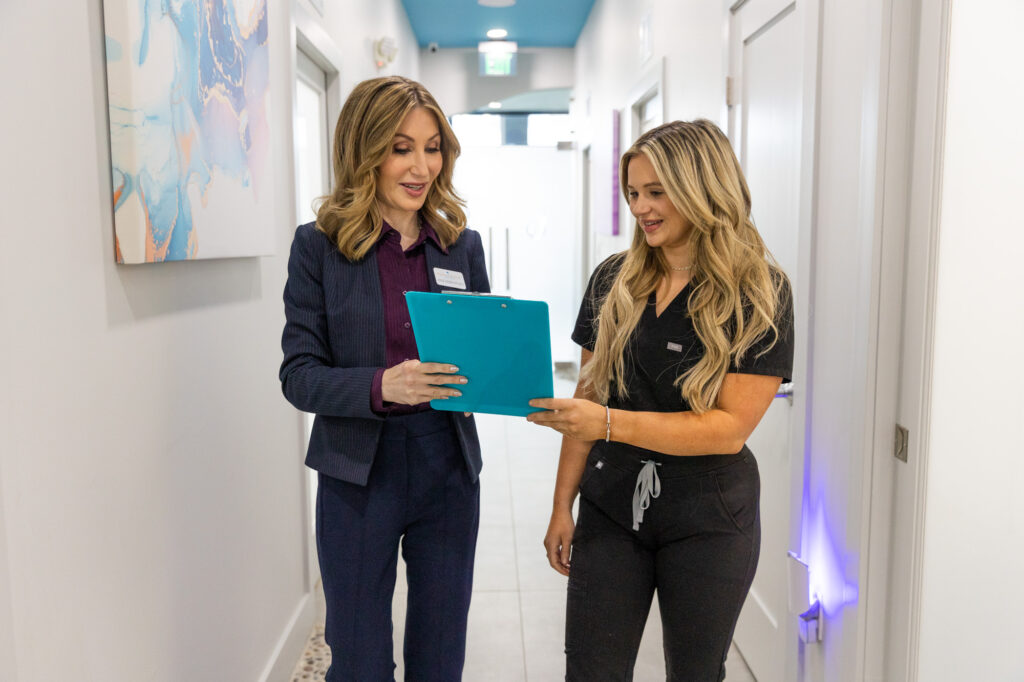
This is a common question I am asked by patients and not surprising, the answer is not a simple one size fits all. It is possible to get all your essential nutrients through a healthy, balanced diet full of diverse fruits and vegetables. However, most people fail to meet the goals of 5-7 servings of fruits and vegetables per day. In fact, the CDC reports that only 32.6% of Americans consume fruit two times per day while only 27% ate vegetables more than three times per day. Based on the trend of our current eating habits, it is clear that dietary sources alone are often insufficient for providing key nutrients. To complicate matters, trend data for common crops in the past decade shows a significant decline in key nutrients. So while on average we are consuming less than the goal of fruits and vegetables per day, our foods also contain less nutrients.
Not everyone agrees that multivitamins are necessary though. In 2006 the NIH (National Institute of Health) concluded “there is insufficient evidence to recommend for or against the use of multivitamins by the American public to prevent chronic disease.” While there is not a consensus on the recommendation of multivitamins, it is evident that special populations do benefit from supplementation such as the elderly, child-bearing age, pregnancy, and strict vegetarians. People over the age of 60 often do not get the nutrients they need from the diet alone as our ability to absorb nutrients decreases. Women of childbearing age need higher amounts of folate (a B vitamin) to prevent neural tube birth defects. Strict vegetarians and vegans typically do not get enough vitamin B12, iron, calcium, copper, and zinc in the diet. So a multivitamin could be a good way to make up for nutritional shortfalls in the diet, but remember it does not replace a healthy diet. So, what if you do not fall into one of these special categories? Is a multivitamin right for you?
At Hermann Aesthetics & Wellness we offer our patients specialized nutrient testing that can help determine the need for dietary supplementation. Please call the office at (813) 902-9559 for more information or to schedule an appointment.

